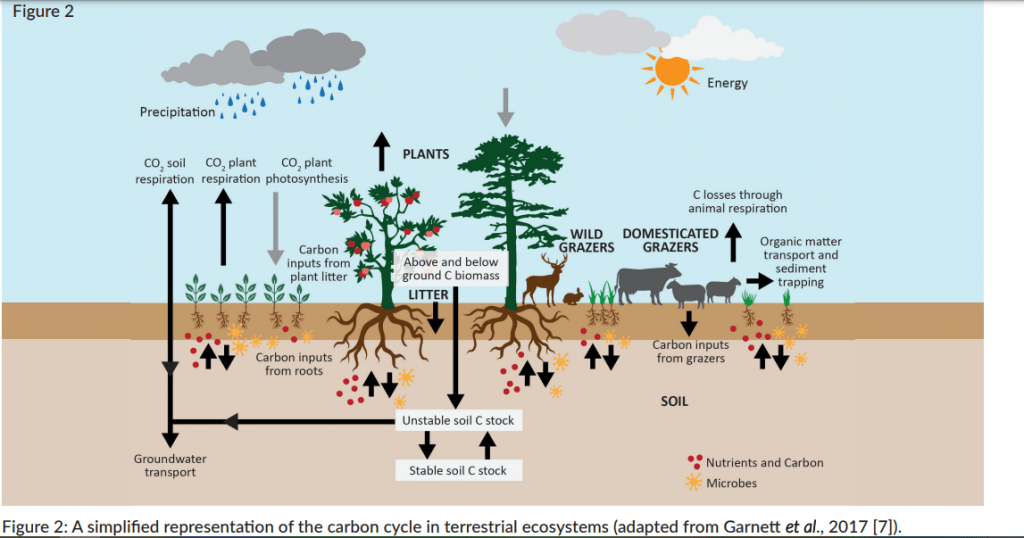“Farmers cannot wait for ‘guarantees’ from on high, but must look to the soil.”
.
We are indeed in times of great upheaval in the world of agriculture – and of greater understanding of how itworks.
The farming commentator Charles Cowap provides a little perspective, comparing the current dramatic changes in how the government supports the industry with what happened after the First World War – and how farmers should perhaps be more reliant on themselves, on networks and on the science.
He asks:
“Are there any lessons for today from this historical vignette?”
Including
- Government guarantees may seem to reduce business risk. They can be withdrawn swiftly and without redress. The risk of reliance on them should be judged in this light.
- Useful though they may be – even vital in the short term – it is better to plan to live without them if you can.
- …
- Cutting carbon is likely to lead to greater efficiency. The British Society of Soil Science recently published a helpful note on the topic. It is good reading and well supported with further references.
In other words, farmers cannot wait for ‘guarantees’ from on high, but must look to the soil.
Here is an excellent diagram taken from that study, which show the importance of doing the right thing with carbon on the farm:

Soils contain more C than in the atmosphere and vegetation combined and are therefore an essential carbon store. Under certain conditions with careful management they can act as an important carbon sink. Increasing the amount of C stored in soil is beneficial from a climate change mitigation perspective, but how much C can be stored in this way?
https://soils.org.uk/wp-content/uploads/2021/11/Long_BSSS_Science-Note_FOR-DIGITAL.pdf
It’s an important topic, as covered here last month: